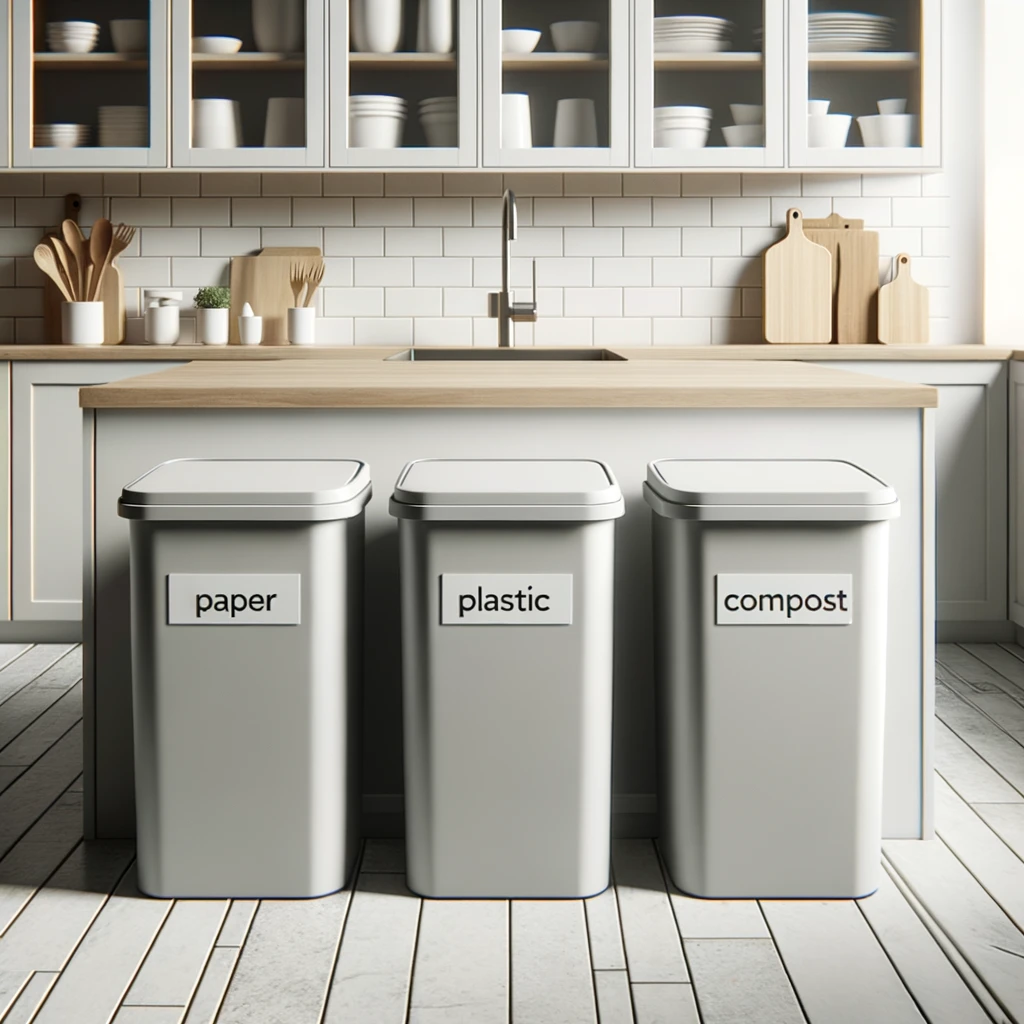
Managing household waste is a crucial yet often overlooked aspect of home maintenance. With increasing concerns about environmental sustainability, efficient garbage handling has never been more important. This comprehensive guide aims to provide you with actionable tips and insights into managing your household waste effectively.
The Importance of Efficient Garbage Handling
Inefficient garbage handling can lead to various problems, including unpleasant odors, pest infestations, and even health risks. Moreover, improper waste disposal contributes to environmental pollution. By adopting efficient garbage handling practices, you can contribute to a cleaner, healthier environment. For more information on the environmental impact of waste, The Government of Canada offers valuable resources.
Types of Household Waste
Understanding the different types of household waste is the first step towards efficient garbage handling. Generally, household waste can be categorized into:
- Organic Waste
- Recyclable Waste
- Hazardous Waste
- General Waste
Each type of waste requires specific handling and disposal methods. For a detailed guide on waste categorization, Waste Management provides comprehensive information.
Organic Waste Management
Organic waste includes food scraps, yard waste, and other biodegradable materials. One of the most effective ways to manage organic waste is through composting. Composting not only reduces landfill waste but also provides valuable nutrients for your garden. For composting tips, Compost Guide is an excellent resource.
Recyclable Waste Management
Recyclable waste includes materials like paper, plastic, glass, and metal. These materials can be processed and turned into new products, reducing the need for virgin materials. It’s crucial to separate recyclable waste from other types of waste and place them in designated recycling bins. For a list of recyclable items, EWSWA offers a comprehensive guide.
Hazardous Waste Management
Hazardous waste includes items like batteries, paint, and cleaning chemicals. These materials can be harmful to both humans and the environment if not disposed of properly. Many communities have special collection programs for hazardous waste. For guidelines on hazardous waste disposal, Hazardous Waste Experts provides valuable information.
General Waste Management
General waste includes items that don’t fit into the other categories, such as broken toys, ceramics, and non-recyclable plastics. These items usually end up in landfills, so it’s essential to minimize general waste as much as possible.
Waste Segregation: The Key to Efficiency
Separating your waste into different categories is crucial for efficient garbage handling. Use designated bins for organic, recyclable, hazardous, and general waste. Label the bins clearly and educate your family members about the importance of waste segregation.
Garbage Collection and Disposal
Understanding your local garbage collection schedule and rules is essential for efficient waste management. Ensure that you place the right type of waste in the appropriate bins and set them out for collection on the designated days. For local garbage collection schedules, check your municipality’s website or contact your local waste management service.